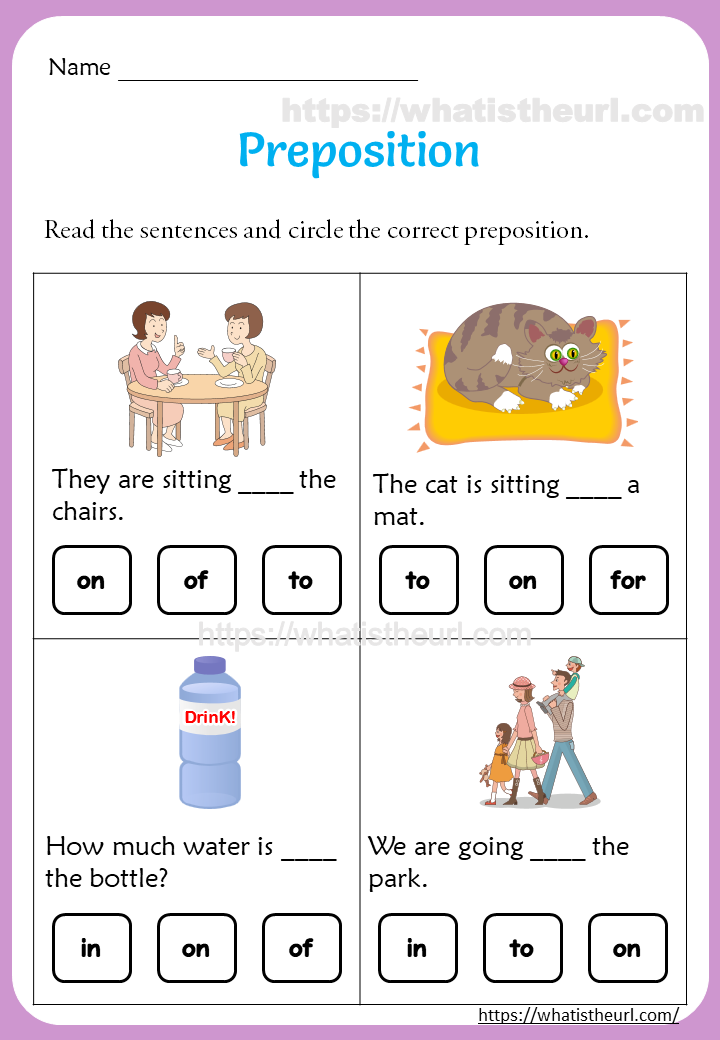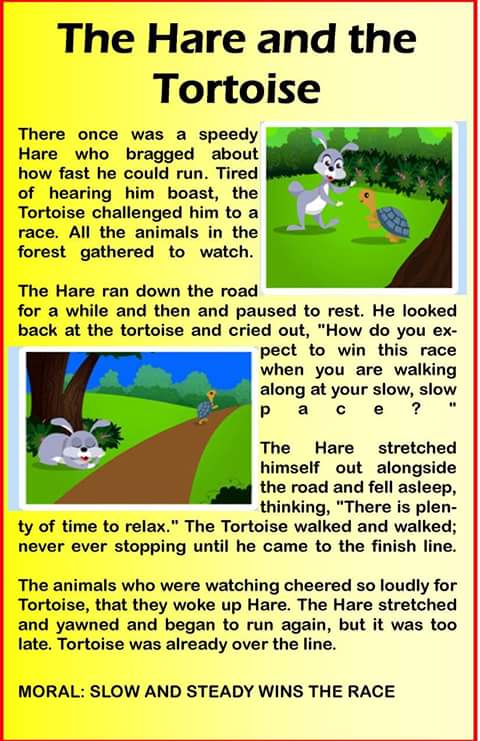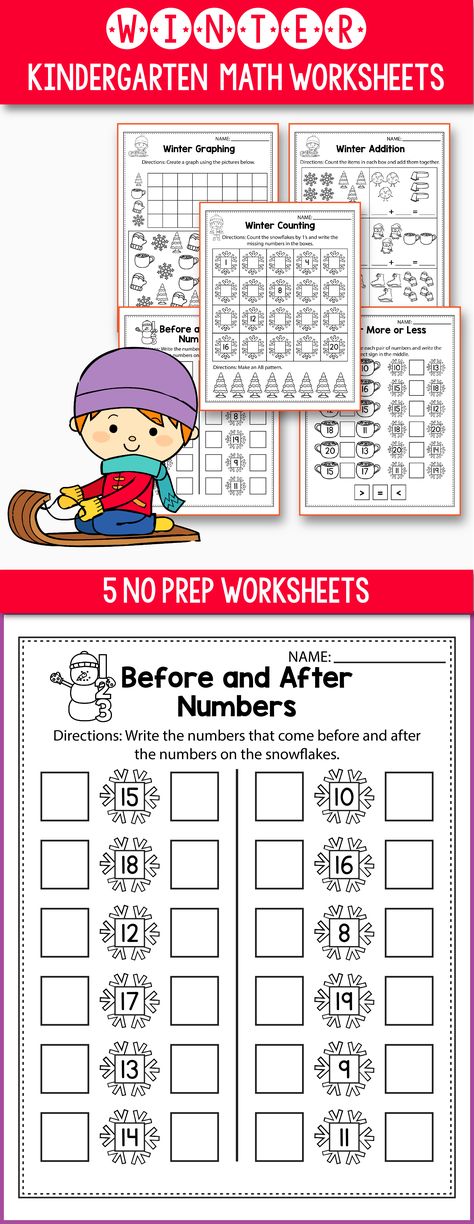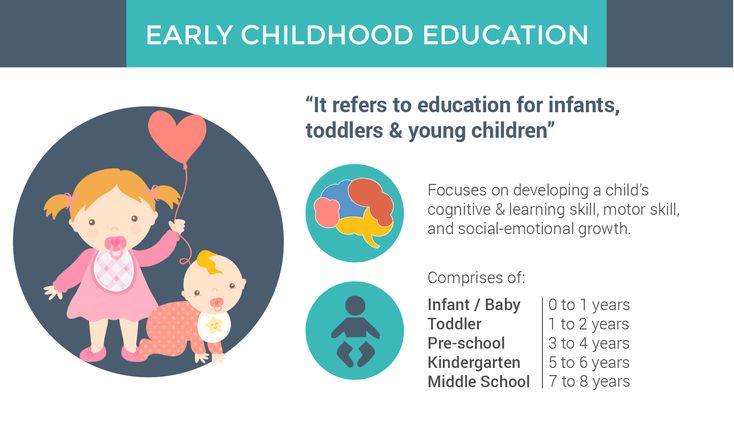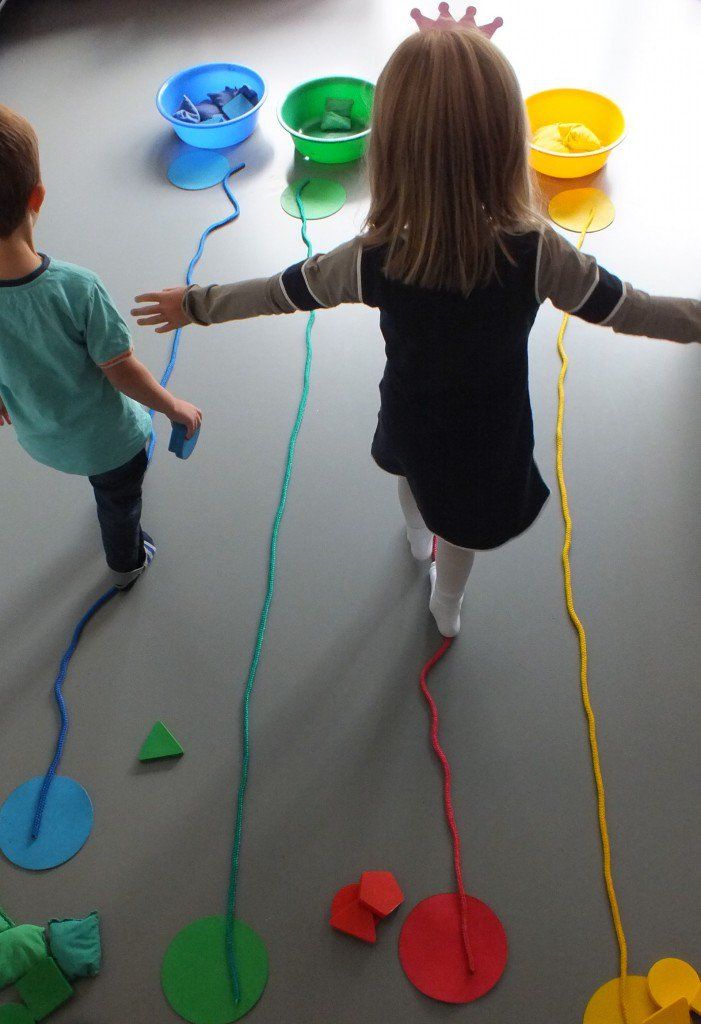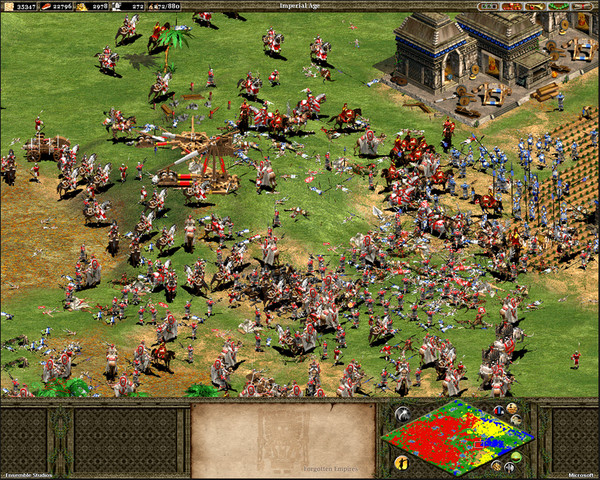Is something a compound word
Compound nouns with Some, Any and No
The words 'some', 'any' and 'no' are often combined with the words 'body', 'one', 'where' and 'thing' to form the a series of commonly-used compound nouns including 'something, nothing, anything' which are used to refer to unidentified singular or plural nouns.
Some, any, none...
The words 'some', 'any' and 'no' are often combined with the words 'body', 'one', 'where' and 'thing' to form the following series of commonly-used compound nouns:
Somebody, Someone, Somewhere, Something, Anybody, Anyone, Anywhere, Anything, Nobody, No one / No-one, Nowhere, Nothing
Some.....
Somebody, Someone, Somewhere, Something
The compound nouns Somebody, Someone, Something and Somewhere are used in positive sentences. They can also be used in questions to offer or ask for a thing, or when we expect a positive response.
Somebody and Someone refer to a single unknown or unspecified person
something refers to a single unknown or unspecified thing
Somewhere refers to a single unknown or unspecified place.
These forms can be used as subjects or objects in positive sentences, but are normally used only as objects in questions.
I saw somebody outside the office.
Somebody was already waiting outside the shop when I arrived.
I need something to eat.
Something just fell on the floor in the kitchen. Go and see what it was.
I'm afraid Paul isn't here at the moment. He's gone out somewhere.
Sorry, did you say something?
Do you want something to eat?
Any.....
Anybody, Anyone, Anywhere, Anything
The compound nouns Anybody, Anyone, Anything and Anywhere are generally used in negative sentences and questions as objects, but are only used as subjects in positive sentences.
Anybody, anyone, anywhere and anything refer to one of many people, places or things.
Was there anybody waiting when you arrived at the shop?
Would you like anything to eat? (Compared with 'something' this suggests I'm not certain you will say yes)
Is there anybody here who speaks English?
There wasn't anything on TV last night so I went to bed early.
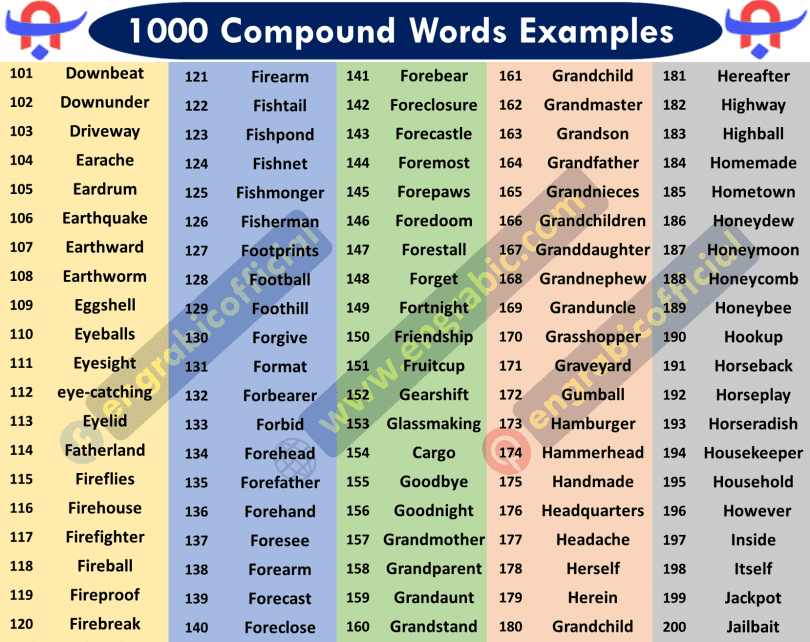
I haven't had anything to eat all day! I'm starving.
I didn't know anybody at the party.
No.....
Nobody, No-one / No one, Nowhere, Nothing
The compound nouns Nobody, No-one (which can also be written as No one), Nothing and Nowhere are used in positive sentences and in questions. The forms all refer to a zero quantity. These forms are more commonly used as subjects, but can also be used as objects.
Nobody knows who killed Kennedy, but there are lots of conspiracy theories.
There is nowhere better than London for nightlife (Or: Nowhere is better than London for nightlife.)
I don't know who rang the bell. I looked outside but there was nobody there.
I received a strange letter this morning. When I opened the envelope there was nothing inside it!
I'm afraid we have run out of money. There is nothing we can do except close the business down.
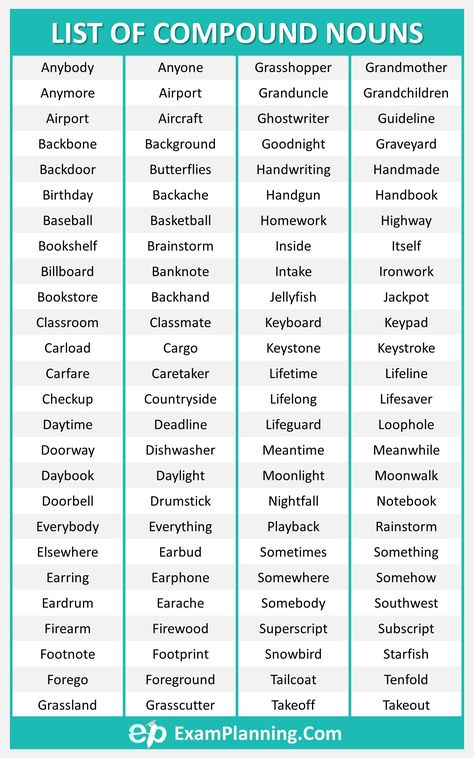
Example of use...
Tourists should always be careful with their money and bags in the city centre. When you visit a cafe, always place your bags where you can see them, otherwise it is possible that somebody will steal them. Obviously, if you leave your bags unattended whilst you pay for your drinks, or go the the toilets, anybody could steal them. Nowhere is completely safe, not even expensive restaurants.
Examples of Compound Words by Type
DESCRIPTION
Grandmother With Compound Word Example
SOURCE
Grandmother: Natalia Kosheleva / iStock / Getty Images Plus / Background: Tolchik / iStock / Getty Images Plus
PERMISSION
Used under Getty Images license
Compound words are an easy way to add interest to your writing. By combining two ideas in one word, you can quickly provide all the information needed. These examples of compounds will show you how it's done.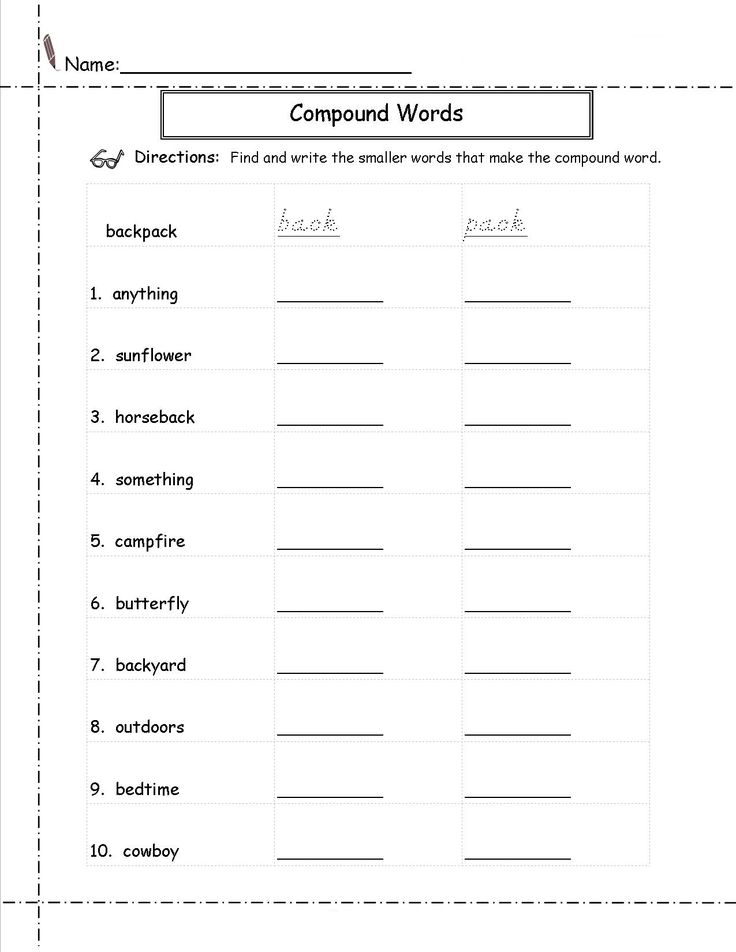
What Are Compound Words?
A compound word is formed when two words are combined to make a new word. It is one of the ways in which the English language is flexible and always changing, as compound words allow people to create new words as the need arises.
For example, you might use “in” and “side” to create the compound word “inside”.
We should play inside today.
The words “carry” and “over” can make the compound word “carry over”.
We can carry over that surplus into the next sprint.
As you can see, compound words can come in different varieties. Explore examples of each.
Examples of Compound Words
When it comes to compound words, there are three different types that are important: closed-form, open-form, and hyphenated. Dive into how each type of compound word is different.
Closed-Form Compound Word Examples
Closed compound words are formed when two fully independent, unique words are combined to create a new word.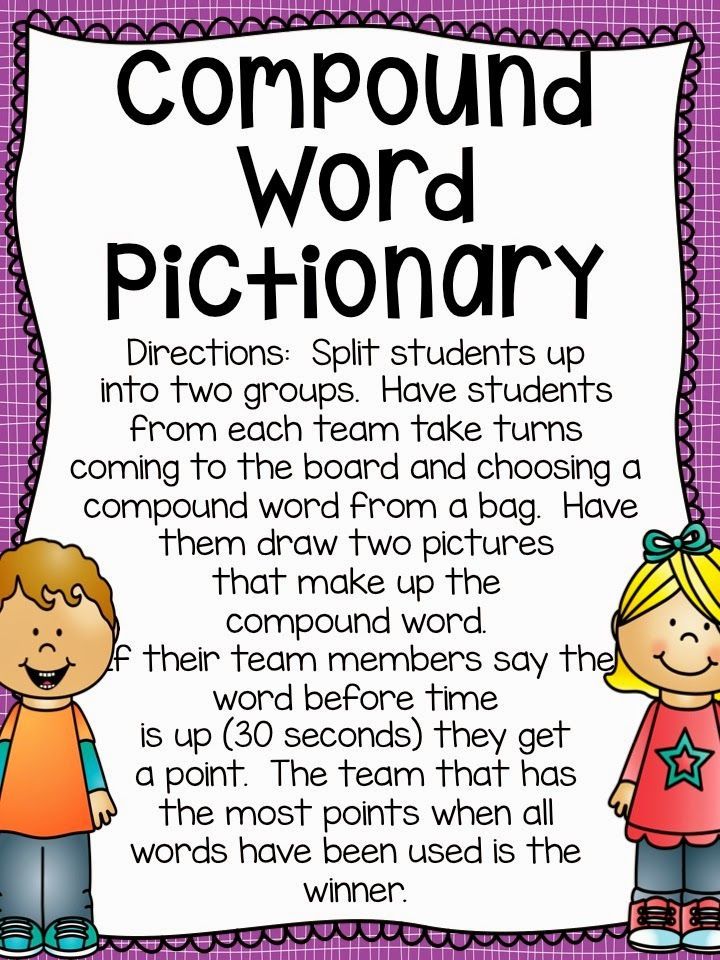 For example, you would combine “grand” and “mother” to create the closed-form word “grandmother”. In a sentence, this would look like, “My grandmother is coming over.” These are the most common types of compound words.
For example, you would combine “grand” and “mother” to create the closed-form word “grandmother”. In a sentence, this would look like, “My grandmother is coming over.” These are the most common types of compound words.
For example:
- bullfrog
- snowball
- mailbox
- grandmother
- railroad
- sometimes
- inside
- upstream
- basketball
- anybody
- outside
- cannot
- skateboard
- everything
- schoolhouse
- grasshopper
- sunflower
- moonlight
Open Compound Word Examples
Open compound words are formed when two words remain separate on the page but are used together to create a new idea with a specific meaning. For example, “attorney” and “general” are used to form the open compound word “attorney general”. You could see this in the sentence, “The attorney general holds the power in legal matters.” Other examples of open compounds include:
- peanut butter
- Boy Scouts
- no one
- ice cream
- real estate
- high school
- living room
- sweet tooth
- hot dog
- grand jury
- post office
- full moon
- half sister
- cave in
Hyphenated Compound Word Examples
Hyphenated compound words are formed when two separate words are joined together by a hyphen.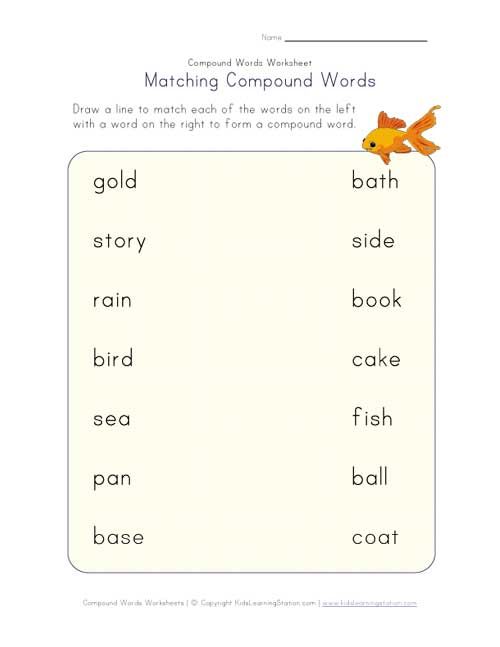 Examples of hyphenated compound words include:
Examples of hyphenated compound words include:
- two-fold
- check-in
- merry-go-round
- father-in-law
- seventy-two
- long-term
- up-to-date
- mother-in-law
- one-half
- over-the-counter
Note that hyphenated compound words are most commonly used when the words being joined together are combined to form an adjective before a noun. For example:
- forty-acre farm
- full-time worker
- on-campus housing
- state-of-the-art features
- family-run busines
However, these hyphenated compound words become open compounds when they are placed after the word they describe. For example:
- The farm has forty acres.
- The worker is full time.
- The housing is all on campus for freshman
- Its features are truly state of the art.
- The business is still family run.
Compound Words in Sentences
Now that you learned about the different types of compound words, see if you can find the compound words in the sentences below.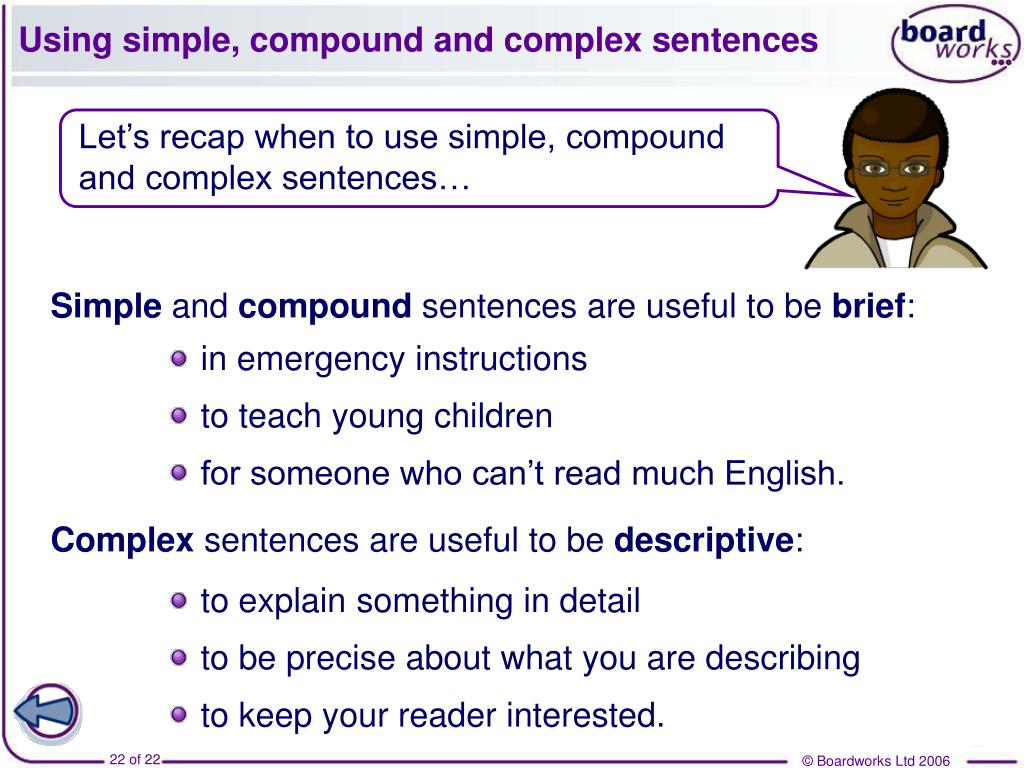
- My grandfather is coming home for the holidays.
- I really want a peanut butter and jelly sandwich.
- The real estate agent had to take a test to get her license.
- She is a part-time teacher.
- That is our full-time worker.
- I’m so tired of looking for on-campus housing.
- He was seventy-two years old.
- Let’s go play some basketball
- Has anybody seen my binder?
If you have those down, try creating a few sentences using compound words that you create!
Compound the Reader's Interest
By adding compound words to your writing, you can make your ideas more interesting and descriptive for the reader. The addition of too many compounds can be messy, especially hyphenated compound words; so, be sure to use compound words wisely. Like any seasoning, they are best sprinkled throughout your writing instead of used in every line.
Now, that you have a grasp of compound words, you might want to dive into some compound sentence examples.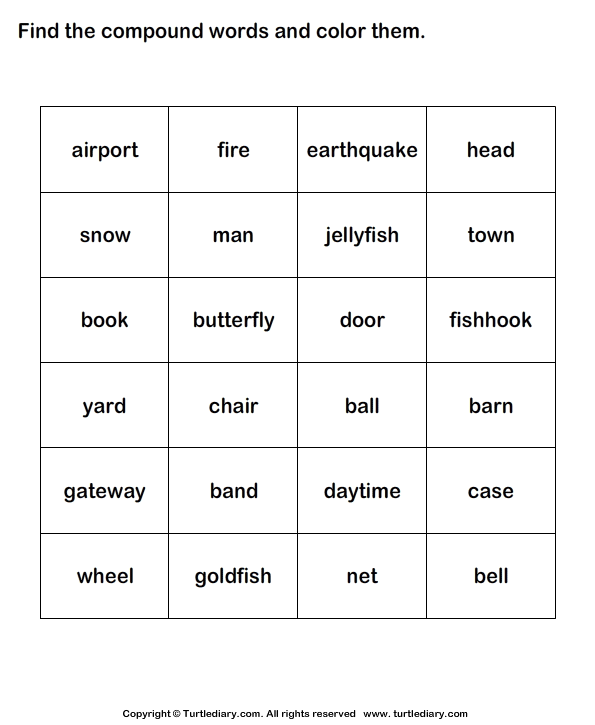
What does a compound word mean? - answer to Uchi.ru
Answer or solution2
K
Russian words have a certain structure. In any case, the word has a root, since it is the basis of the word and gives it a semantic meaning. Prefixes, suffixes, endings are delivered to the root, changing the meaning of the word. They give it different shades and form new words. However, there is a group of words called compound words. They consist of two roots that give a more complex meaning to the word.
Definition of compound words
A compound word has two roots. This is the main feature of compound words. The roots included in its composition are different words. They are combined into one word, which takes on a completely unique meaning. As a rule, compound words are formed to denote technical concepts and natural phenomena. The concept of a compound word should be demonstrated with several examples:
- the word "icebreaker" is a compound word.
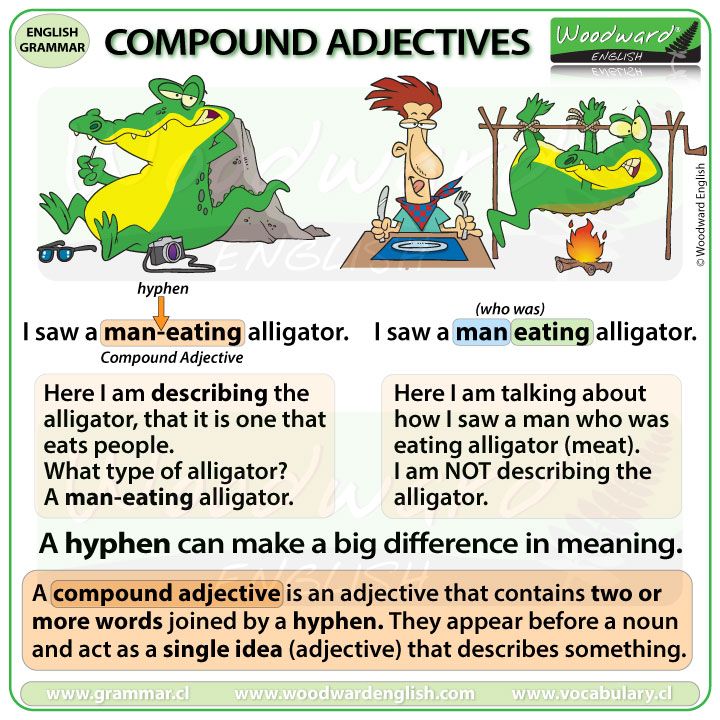 This follows from its structure, which includes the roots "ice" and "col". The form "stake" is formed from the word "stab". Thus, the direct meaning of the word means "piercing ice." This fully corresponds to the functions of icebreakers, which are able to pass through the frozen sea with a multi-meter layer of ice;
This follows from its structure, which includes the roots "ice" and "col". The form "stake" is formed from the word "stab". Thus, the direct meaning of the word means "piercing ice." This fully corresponds to the functions of icebreakers, which are able to pass through the frozen sea with a multi-meter layer of ice; - "helicopter" is also a great example of a compound word. The form "years" means flight, the ability to fly. The root "vert" means the word "twirl". After all, it is by spinning the helicopter blades that this aeronautic machine rises into the air. Therefore, this word is formed from words denoting the way equipment works and the fact of flight;
- "snowshoe" is one of the compound words. Its meaning is also intuitive. After all, tin consists of the forms "tread" and "snow". That is, we are talking about a device that helps to move through the snow.
Thus, all the listed words belong to the category of compound words. They are formed from native Russian words.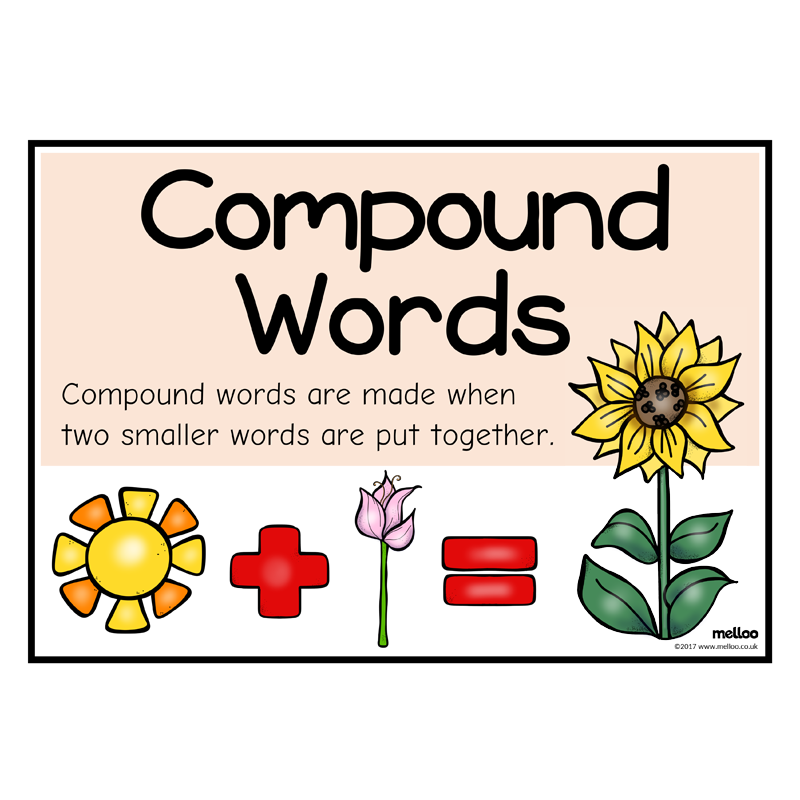
Are there any borrowed compound words
There are no words that are composed of a borrowed root and a native Russian root. There are only native Russian words. Meanwhile, borrowed words are often complex, but in the Russian sense they already become a simple word with one root.
K
If a word is formed from several words, then it will be complex. It should be noted that between the bases of compound words, only vowels are used as connecting vowels to and to .
Let's take an example: the word "tea party" is formed from the words "tea" and "drink".
However, there are still compound words that are written without connecting vowels - these are cardinal numbers that form the first part of compound words (five-year, five-hour, five times).
Do you know the answer?
How to write a good answer? How to write a good answer?
Be careful!
- Copying from other sites is prohibited.
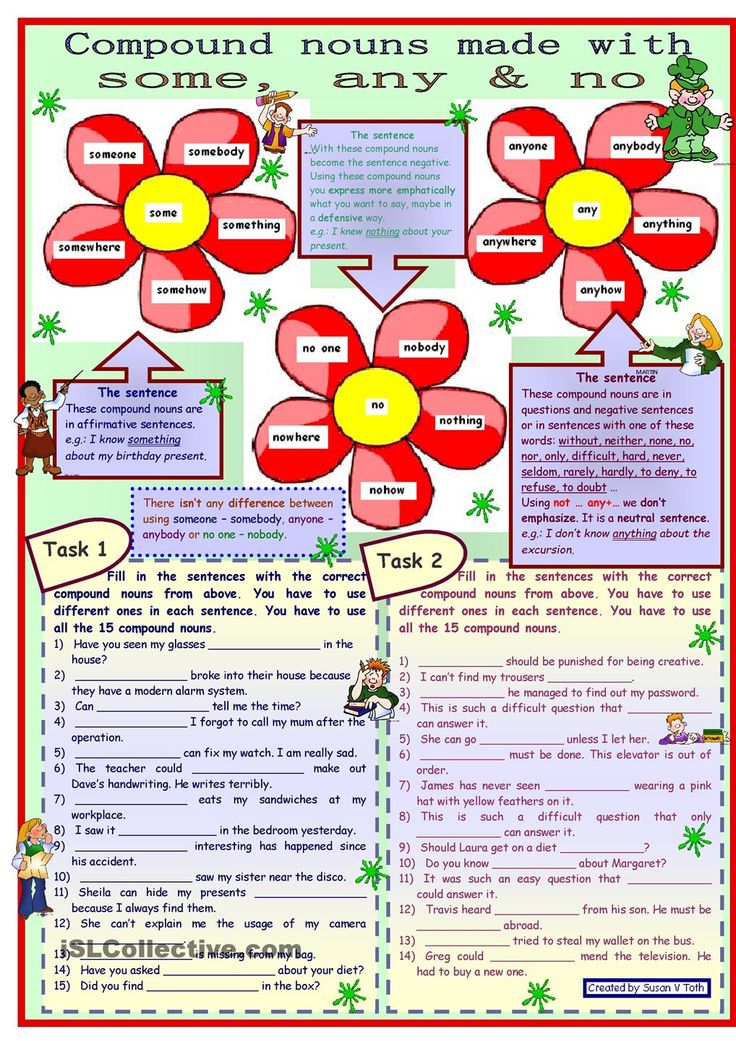 Stickers and gifts for such answers are not awarded. Use your knowledge. :)
Stickers and gifts for such answers are not awarded. Use your knowledge. :) - Only detailed explanations are published. The answer cannot be less than 50 characters!
0 /10000
The longest words in the Russian language
The Russian language is considered quite difficult, compared, for example, with German or English, although Scandinavian languages are probably in the first place in terms of the degree of difficulty in pronouncing words.
There are many long words in it. If we talk about the longest, then in the Guinness Book of Records the longest word in the Russian language is "X-ray electrocardiographic" , it has 33 characters. It was the record of 1933. And in 2003, it was replaced by a word of 35 characters - "highly contemplating" .
Chemistry - a storehouse of the longest words
Although their leadership is formally recognized - in analytical chemistry there are simply huge names of substances, since they are built according to a certain scheme.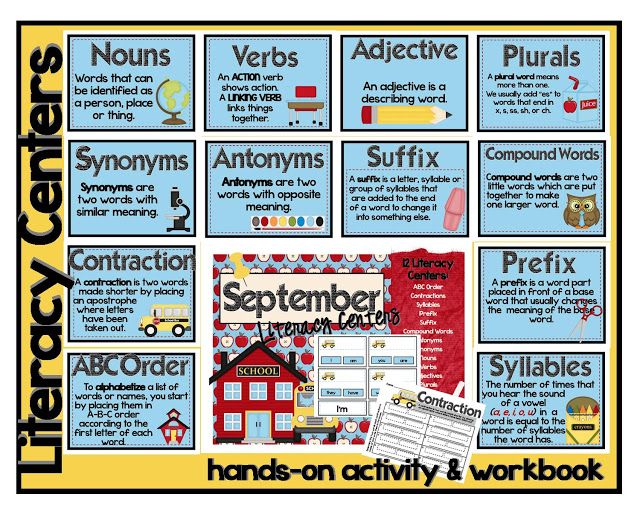 For example, adjective "tetrahydropyranylcyclopentyltetrahydropyridine" consists of 55 letters. Or "methoxychlorodiethylaminomethylbutylaminoacridine" - 44 characters.
For example, adjective "tetrahydropyranylcyclopentyltetrahydropyridine" consists of 55 letters. Or "methoxychlorodiethylaminomethylbutylaminoacridine" - 44 characters.
Another example: the prefix "great-" can be used in a concept that indicates the degree of relationship, many times - "great-great-great-great-great-great-great-grandfather" . Theoretically, this word can be stretched indefinitely. Word formations from numerals, which denote certain quantities, can also be extremely long: "one thousand nine hundred and seven and six centimeters"0059 - 43 characters. However, regarding all these examples, philologists are still arguing whether to consider them the longest words in the Russian language. They are not universally used, and the possibility of making endless designs distinguishes them from the bulk.
The longest verbs and other parts of speech
If we talk about verbs, then the longest words are “re-examine” and “internationalize” , they have 24 letters each, if you form word forms with an ending from them, for example , "-ing" , then you get 25 letters.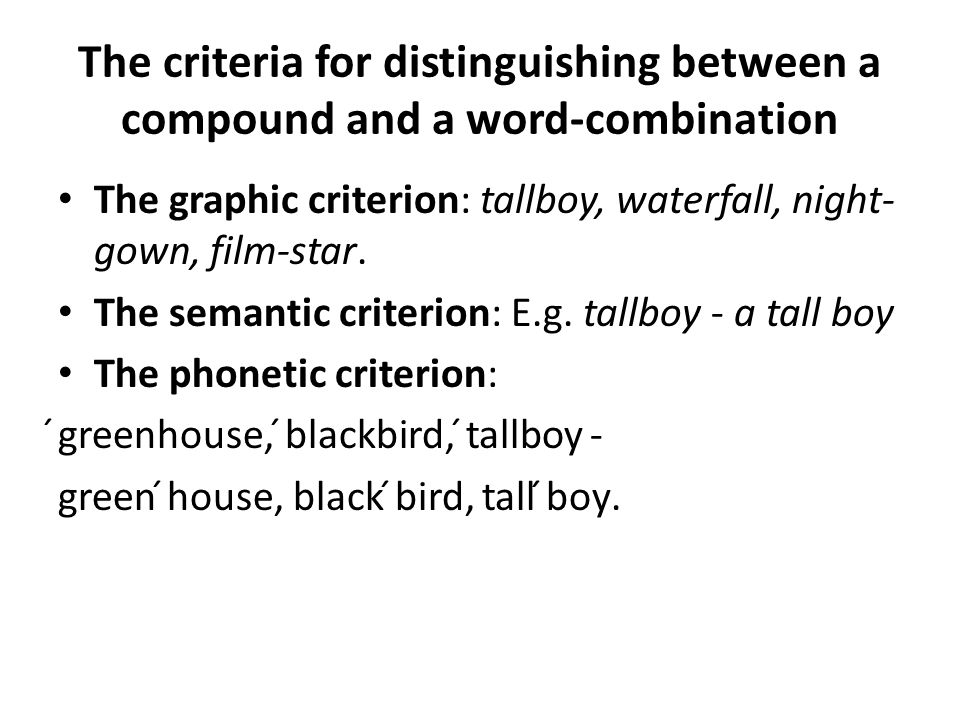 In the longest nouns - "misanthropy" and "excellency" - also 24 letters each - you can create word forms in the plural, and you get 26 letters (although the first word is not used in the plural). Among animate nouns, most of the letters - 21 each - are in the words "eleventh grader" and "clerk" . The longest interjection recorded in Russian dictionaries is "physical education hello" .
In the longest nouns - "misanthropy" and "excellency" - also 24 letters each - you can create word forms in the plural, and you get 26 letters (although the first word is not used in the plural). Among animate nouns, most of the letters - 21 each - are in the words "eleventh grader" and "clerk" . The longest interjection recorded in Russian dictionaries is "physical education hello" .
We are used to the fact that prepositions and conjunctions are short words, but the word “respectively” falls out of the general row, it has 14 letters. The situation is similar with adverbs - there is only one long adverb "unsatisfactory" , consisting of 19 letters.
Some argue whether nouns and adjectives with hyphens can be considered as the longest words in the Russian language, because they are “glued together” artificially, but still pay attention to them: in word "agricultural machine-building" - 38 characters, and in "grubber-bulldozer-loader" - 31.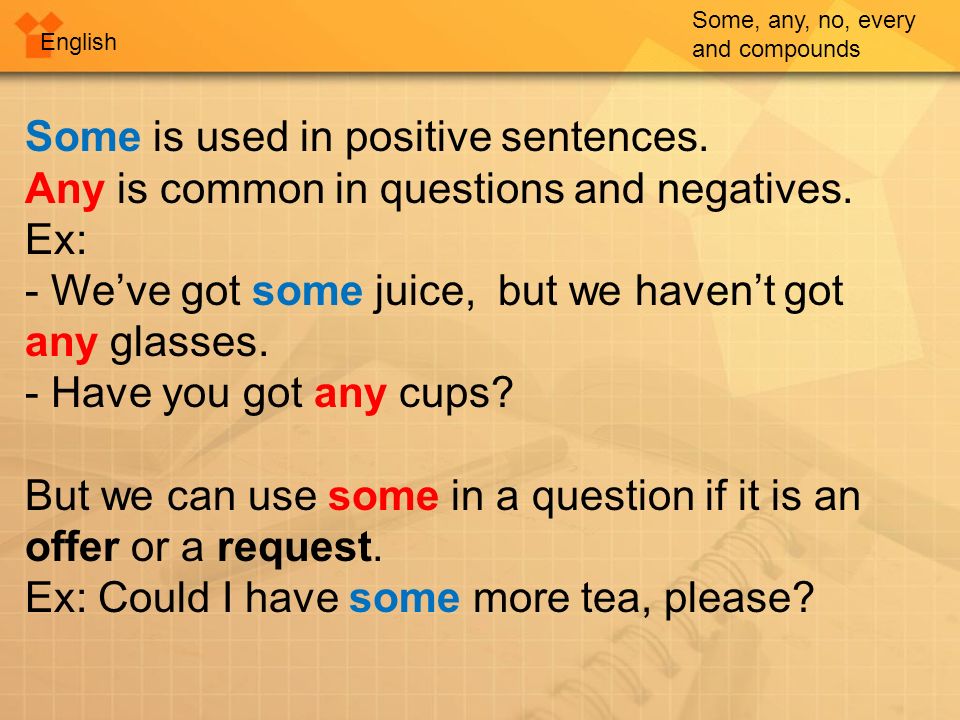 Similar words include an adjective (although it is without a hyphen) "electrophotosemiconductor" - 28 characters and "water and mud peat paraffin treatment » - 29 characters. The longest food word formation - out of 38 characters - "bread sausage kindly productive" . The word is funny, but at the same time noted in an authoritative source - the spelling dictionary of the Russian Academy of Sciences (responsible ed. V. V. Lopatin).
Similar words include an adjective (although it is without a hyphen) "electrophotosemiconductor" - 28 characters and "water and mud peat paraffin treatment » - 29 characters. The longest food word formation - out of 38 characters - "bread sausage kindly productive" . The word is funny, but at the same time noted in an authoritative source - the spelling dictionary of the Russian Academy of Sciences (responsible ed. V. V. Lopatin).
The longest words in literature
If we recall the classical literature, Nikolai Leskov has the word “in the right way” in one of his popular stories . Interestingly, no one can reliably explain what it means - most likely, Leskov himself invented it.
Probably the longest abbreviation will also make an indelible impression on you:0059 . We will not list the full name of this institute - it will take a whole paragraph. Imagine how difficult it was for the employees of this scientific institution to name their position or place of work if necessary.
An interesting fact - there is an extremely long word for phobia - the fear of just long words! It sounds like this: hippopotomomonstrosesquippedaliophobia (37 characters). By the way, this is actually a Latin term "hippopotomomonstrosesquippedaliophobia" , which is recognized as the longest word in the world.
The most difficult words
Many interesting facts can be found about the most difficult words in the Russian language. For example, it is generally accepted that three "e" are only in the word "long-necked" . Meanwhile, there is also "serpentine" . You can also find words starting with “Y” in dictionaries - “Ytyk-kuyol” , “Ygyatta” , “Ynykchansky” and so on. All of them are difficult to pronounce due to unusual combinations of letters for us. There are plenty of other difficult-to-pronounce words in the Russian language. They are especially inconvenient for announcers or lecturers, whose job is just to pronounce texts aloud.


